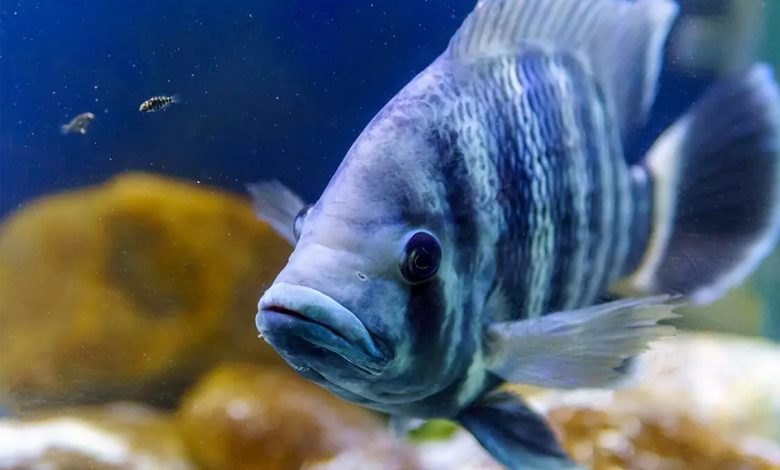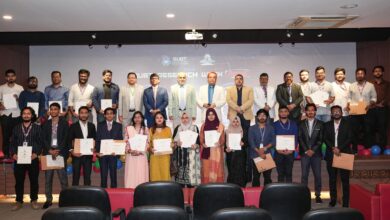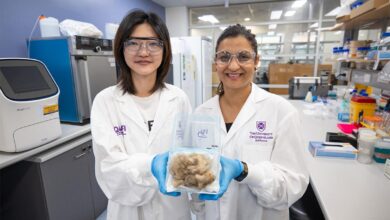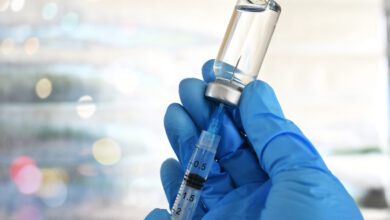EdUHK’s Health Risk Assessments Based on Polycyclic Aromatic Hydrocarbons in Freshwater Fish Cultured Using Food Waste-based Diets

Polycyclic aromatic hydrocarbons (PAHs) are toxic organic pollutants, which are usually deposited in soil and marine sediments through petroleum contamination, fossil fuel burning, fallout from air pollution, and terrestrial runoff. The dietary intake of contaminated food is considered to be one of the major sources of total human exposure to PAHs. Previous studies revealed that concentrations of PAHs in human blood plasma collected from Hong Kong residents were positively correlated with consumption of seafood, including fish, which is a major source of protein in Hong Kong. The contamination of PAHs in farmed fish depends partly on the quality of feed. Fish meal and fish oil are commonly used in fish feed, but they are also a source of organic pollutants, including PAHs. Formulated feeds have become the major diet of many important farmed species.
In 2018, Hong Kong produced 3,600 tonnes of food waste per day, which accounted for one third of municipal solid waste sent to landfill. Food waste is a possible replacement of fish meal to produce safe and quality aquatic products. Recycling food waste for fish feed will also reduce the amount of waste sent to landfills.
Dr Man Yu-bon, Assistant Professor at the Department of Science and Environmental Studies, The Education University of Hong Kong, and the research team found that PAH concentrations in all the fish species fed a food waste-based diet were all below the local and international maximum permissible levels, so there was no health risk for human consumption.
The researchers hypothesised that food waste could replace part of fish meal to lower PAHs in fish. The major objectives of the study were to (1) investigate the concentrations of PAHs in food waste used as fish feeds, and (2) assess potential human health risks based on PAH concentrations in the fish meat.
Two farmed freshwater fish species, Nile tilapia (Oreochromis niloticus) and jade perch (Scortum barcoo) were fed food waste-based diets (experimental diet) and compared with fish on a commercial formulated control diet (control diet) for a period of six months. Sixteen priority polycyclic aromatic hydrocarbons (PAHs) in the diets and cultured fish meat were tested by gas chromatographyemass spectrometry.
No significant differences in PAHs were observed between two fish species fed with the experimental diet and the control diet (p > 0.05). However, there was a significantly higher concentration of PAHs in market fish compared with the same species of fish on the experimental diet (p < 0.05). Thus, the experimental diet has the potential to lower the PAH concentration in farmed fish compared to market fish. A human health risk assessment based on the PAH concentration found there were no non-cancer risks and very low cancer risks from consuming fish fed the experimental diet. In general, the fish fed with the experimental diet were unlikely to cause adverse health effects. There is therefore great potential for using food waste-based diets as an alternative to commercial feeds for cultivating freshwater fish, while also reducing pressure on Hong Kong landfills.
To learn more about the study, please click here.




